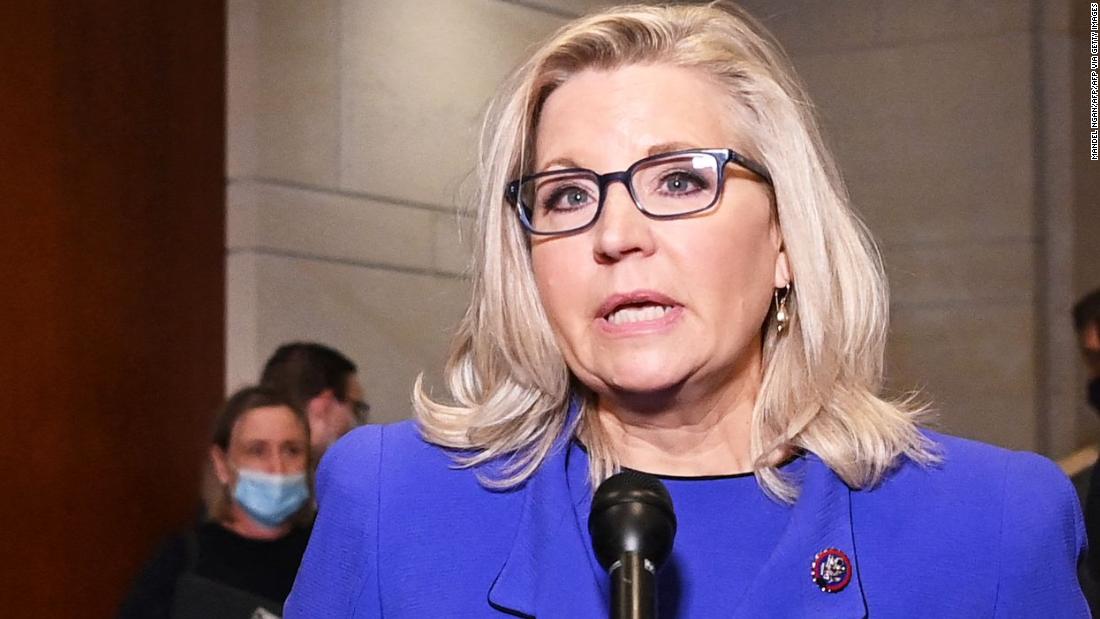
Cheney primary prompts sharp GOP divide in Washington
CNN
Republican lawmakers are starting to choose sides in the fight to defeat Rep. Liz Cheney in Wyoming, placing high-stakes bets in a divisive primary that is widely seen as a referendum on Donald Trump and cementing deep rifts in the GOP over the direction of the party.
In an extraordinary move on Thursday, House Minority Leader Kevin McCarthy -- who has been under pressure from his right flank to put his political muscle behind ousting Cheney -- officially endorsed her primary foe Harriet Hageman, who is backed by Trump. Less than 24 hours later, House GOP Conference Chairwoman Elise Stefanik of New York, the No. 3 Republican who replaced Cheney in leadership, also threw her weight behind Hageman.
"House Republicans were ready for a change when I took over as Conference Chair, and it's resoundingly clear that Wyoming families are too," Stefanik said in a statement Friday. "Liz Cheney abandoned her constituents to become a Far-Left Pelosi puppet. Liz sadly belongs in an MSNBC or CNN news chair, not in Congress representing Wyoming — a state that voted for President Trump by over forty points."

Days after Eric Adams won the New York City mayoral primary four years ago, he was invited to Washington by then-Speaker Nancy Pelosi to speak to the House Democratic caucus, touted by the chair of the House Democrats’ campaign arm as a model for campaigns around the country, and welcomed at Joe Biden’s White House.

 Run 3 Space | Play Space Running Game
Run 3 Space | Play Space Running Game Traffic Jam 3D | Online Racing Game
Traffic Jam 3D | Online Racing Game Duck Hunt | Play Old Classic Game
Duck Hunt | Play Old Classic Game










